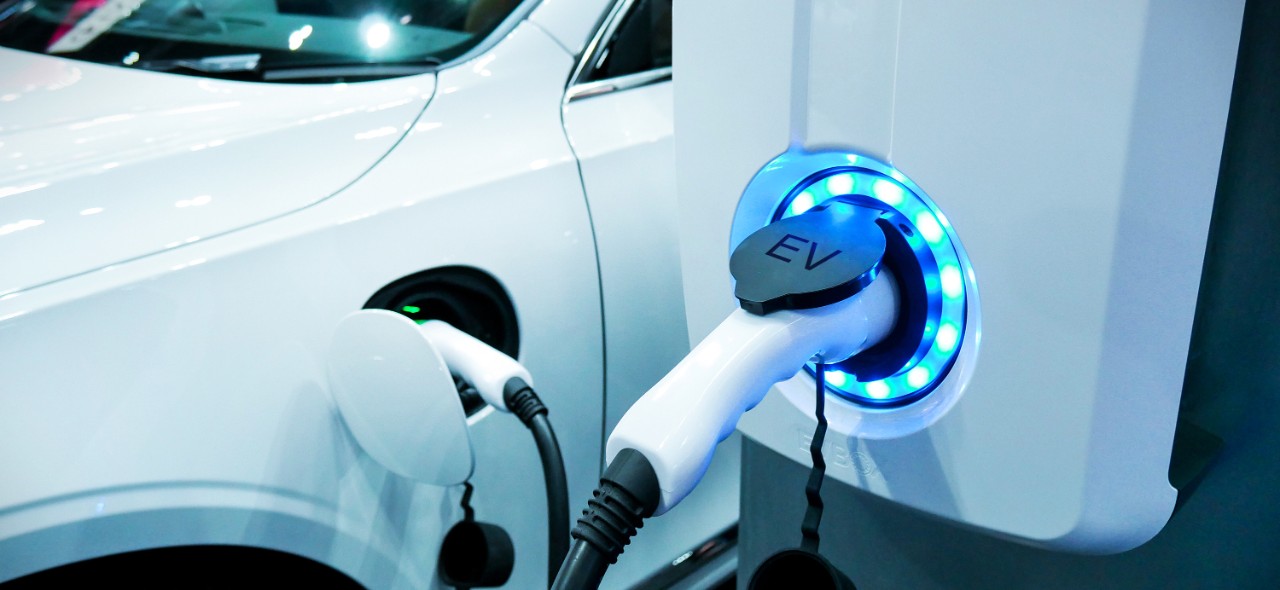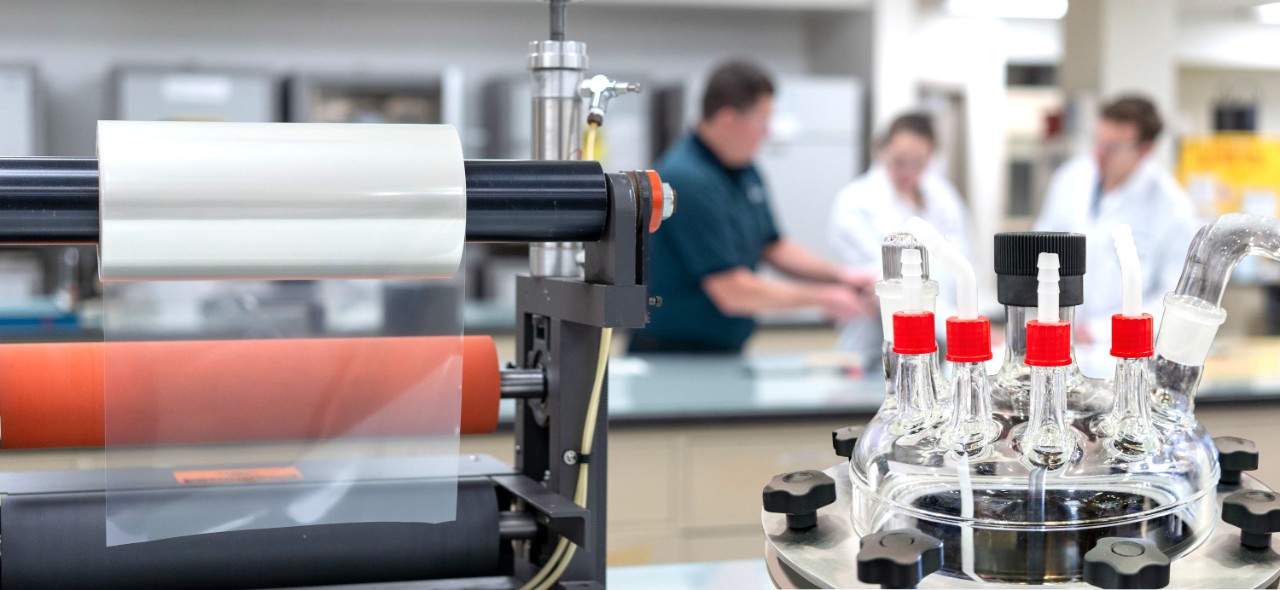Currently, many countries are formulating automotive industry goals and roadmaps for sustainable development, and have defined clear regulations on greenhouse gas emissions.
China, for example, has developed a specific timeline for emission peak and carbon neutrality, which is currently the industry’s biggest external variable.
The impact on the automotive industry is as follows:
First, the pattern of electrification is accelerating, and the penetration rate of new energy vehicles is expected to increase from single-digit percentages in 2020 to double-digits in 2030.
Second, the automotive industry’s new trends of ACES (Autonomous, Connected, Electrified and Shared Mobility) are constantly stimulating innovation and development. The emergence of new energy vehicles and autonomous driving technologies continues to increase.
Further, product technology research and development are accelerating iterations, electrification and intelligence. They are also driving the expansion of core technologies and research and development in ways that facilitate collaboration between software and hardware.
Finally, the industry’s service environment is rapidly transforming due to new technologies that are turning automobiles into smart mobile terminals. To keep pace, the automotive industry will need to rethink the ways in which it has traditionally serviced its customers.


